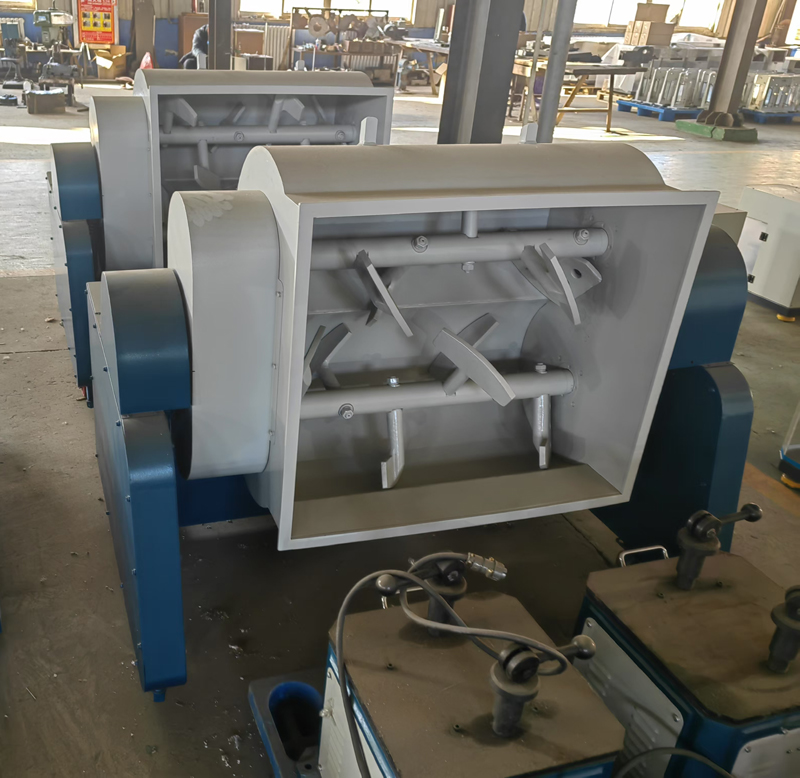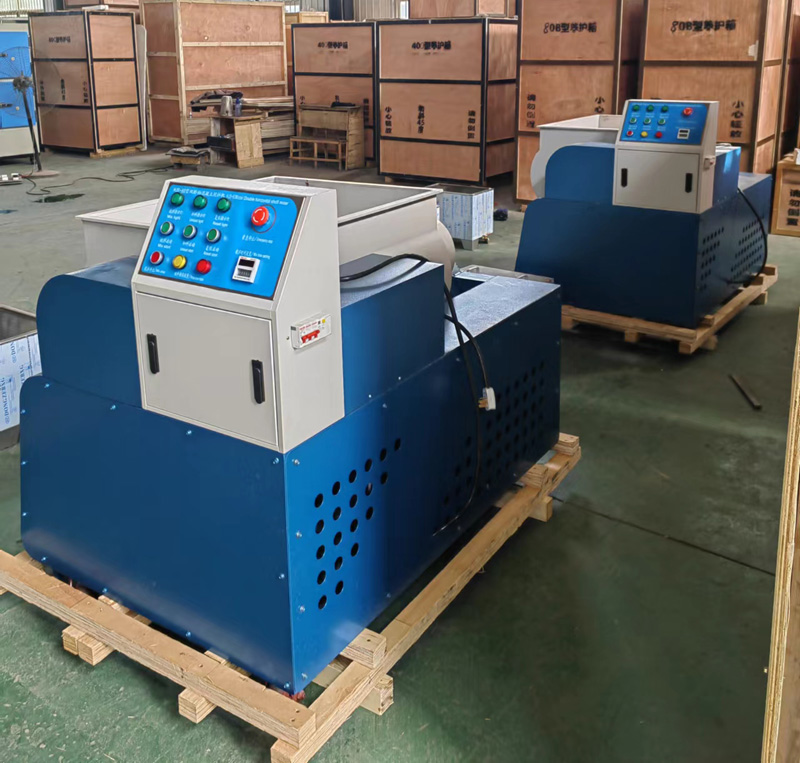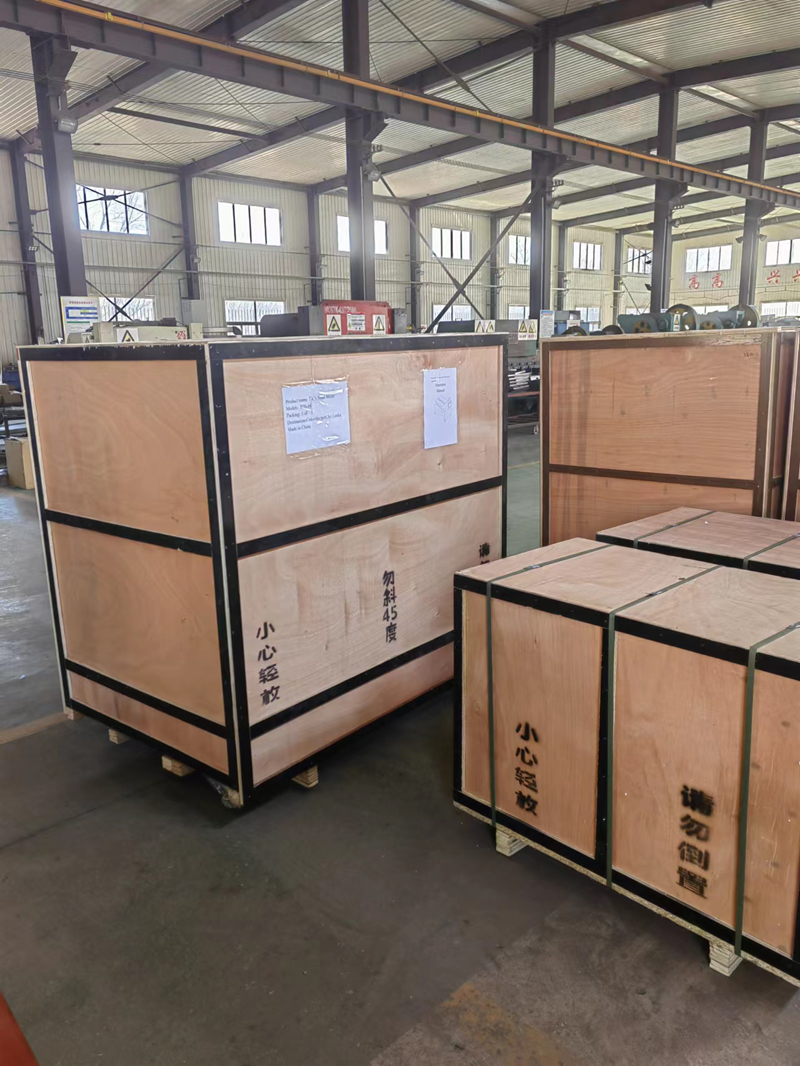laboratory concrete twin shafts mixer
Laboratory Concrete Twin Shafts Mixer: A Comprehensive Overview
In the realm of construction and civil engineering, the quality of concrete is paramount. To achieve the desired strength, durability, and workability, precise mixing is essential. This is where the laboratory concrete twin shafts mixer comes into play. This specialized equipment is designed to meet the rigorous demands of concrete testing and research, ensuring that engineers and researchers can produce high-quality concrete samples for various applications.
What is a Laboratory Concrete Twin Shafts Mixer?
A laboratory concrete twin shafts mixer is a sophisticated piece of machinery that features two parallel shafts equipped with mixing blades. This design allows for a more efficient and thorough mixing process compared to traditional mixers. The twin shafts rotate in opposite directions, creating a powerful mixing action that ensures all components of the concrete—cement, aggregates, water, and additives—are uniformly blended. This uniformity is crucial for producing reliable test samples that accurately represent the properties of the concrete mix.
Key Features and Benefits
- High Mixing Efficiency: The dual-shaft design significantly enhances the mixing efficiency. The counter-rotating shafts create a vortex that pulls materials into the mixing zone, ensuring that even the most challenging mixes are thoroughly combined.
- Versatility: Laboratory concrete twin shafts mixers are versatile and can handle a wide range of concrete mixes, from standard formulations to more complex designs that include various additives and fibers. This adaptability makes them ideal for research and development purposes.
- Precision Control: Many modern mixers come equipped with advanced control systems that allow users to adjust mixing speed, time, and other parameters. This level of control is essential for conducting experiments and achieving consistent results.
- Compact Design: Designed for laboratory use, these mixers are typically compact and easy to integrate into existing lab setups. Their size does not compromise their performance, making them suitable for both small-scale and large-scale testing.
- Durability and Reliability: Constructed from high-quality materials, laboratory concrete twin shafts mixers are built to withstand the rigors of daily use. Their robust design ensures longevity and reliability, which is critical in a laboratory environment where precision is key.
Applications in Concrete Research
The laboratory concrete twin shafts mixer is an invaluable tool in various applications, including:
- Material Testing: Researchers can use the mixer to prepare concrete samples for testing compressive strength, workability, and durability. The ability to produce consistent mixes is vital for obtaining accurate test results.
- Mix Design Development: Engineers can experiment with different mix designs to optimize performance for specific applications, such as high-strength concrete or self-compacting concrete. The mixer allows for quick adjustments and iterations in the mix design process.
- Quality Control: In quality control laboratories, the mixer is used to ensure that concrete produced in larger batches meets the required specifications. By testing small samples mixed in the laboratory, quality assurance teams can identify potential issues before they affect large-scale production.
Conclusion
The laboratory concrete twin shafts mixer is a critical asset for any facility involved in concrete research and testing. Its ability to produce high-quality, uniform concrete mixes makes it an essential tool for engineers and researchers alike. As the construction industry continues to evolve, the importance of precise and efficient mixing will only grow, solidifying the role of the laboratory concrete twin shafts mixer in advancing concrete technology and ensuring the integrity of construction projects.
Technical Parameters:
1. Tectonic Type: Double-horizontal shafts
2. Nominal Capacity: 60L
3. Mixing Motor Power: 3.0KW
4. Discharging Motor Power: 0.75KW
5. Material of work chamber: high quality steel tube
6. Mixing Blade: 40 Manganese Steel (casting)
7. Distance between Blade and inner chamber: 1mm
8. Thickness of work chamber : 10mm
9. Thickness of Blade: 12mm
10. Overall Dimensions: 1100×900×1050mm
11. Weight: about 700kg
12. Packing: wooden case
Post time: Jan-02-2025










